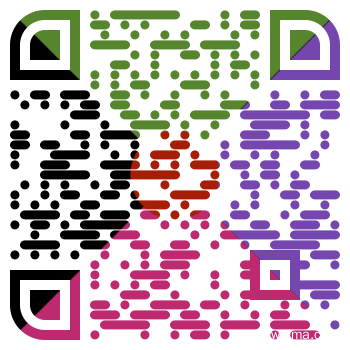
Writer:admin Time:2020-10-10 09:31 Browse:℃
The Muslim menswear market is experiencing steady growth, presenting exciting opportunities for businesses. Sourcing high-quality, stylish Muslim garments for men wholesale from China can be a cost-effective way to cater to this growing demand. However, navigating the world of wholesale buying, especially from overseas manufacturers, requires careful planning and due diligence. This comprehensive guide will equip you, even if you're a woman entrepreneur, with the knowledge and steps you need to confidently source Muslim clothing for men wholesale from China.
Understanding Your Target Market: The Cornerstone of Success
Before embarking on your sourcing journey, take a step back and define your target market with meticulous detail. This in-depth understanding will guide your product selection, pricing strategy, and overall buying decisions. Here are some key aspects to consider:
Demographics: Who are you trying to reach? Age group, location, cultural preferences?
Age: Younger audiences may favor trendier styles with modern cuts and bold colors, while older demographics might prefer classic silhouettes and neutral tones.
Location: Regional variations exist. For instance, Middle Eastern customers might prefer thobes with a looser fit, while Southeast Asian buyers may be more open to tailored kurtas. Cultural sensitivities about fabric choices and garment lengths also come into play.
Cultural Preferences: Research cultural nuances within your target market. Some men may prefer garments with additional pockets for functionality, while others might prioritize traditional embroidery or embellishments. Understanding these preferences will ensure you offer products that resonate with your audience.
Garment Styles: What kind of Muslim clothing is popular with your target audience? Consider offering a variety of styles to cater to diverse preferences:
Thobes: The thobe is a long, loose-fitting garment that is a staple in many Muslim cultures. It comes in various styles, with variations in sleeve length, collar design, and fabric choices.
Kurtas: Kurtas are tunic-like shirts that typically reach below the knee. They offer a more tailored fit compared to thobes and can be paired with trousers or salwar (loose-fitting pants).
Jubbas: Jubbas are long coats or jackets that are often worn over thobes or kurtas for added warmth or formality.
Muslim-friendly Western Wear: Consider offering adapted versions of Western clothing that adhere to Islamic principles of modesty. This could include longer-length shirts, slim-fit trousers, and button-down collars.
Occasion and Activity Level: Consider the intended use of the clothing. Will your garments be for everyday wear, special occasions, or religious ceremonies? This will influence fabric choices and details:
Everyday Wear: Breathable and comfortable fabrics like cotton or linen are ideal for everyday wear.
Special Occasions: For formal events, consider offering thobes or kurtas made from luxurious fabrics like silk or blended fabrics with a silk drape.
Religious Ceremonies: Some religious ceremonies may have specific dress codes to consider. Research cultural norms and ensure your offerings comply with any modesty requirements.
Price Points: Research the average budget your target customer has for Muslim menswear. This will affect the materials, construction, and embellishments you choose. Consider offering a range of price points to cater to different budgets.
Finding the Right Muslim Garment Supplier in China
With a clear understanding of your target market, you can begin your search for a reliable Chinese Muslim garment supplier. Here are some effective strategies to identify the perfect partner:
Online Marketplaces: Utilize online platforms like Alibaba, Global Sources, and Made-in-China.com. These B2B platforms allow you to search for suppliers by product category (Muslim men's clothing), minimum order quantity (MOQ), and price range. Many offer filtering options to refine your search based on specific features like material composition, certifications, and production capabilities.
Trade Shows and Expos: Attending international trade shows or industry-specific expos in China can be a valuable way to connect directly with suppliers. You can assess product quality firsthand, discover the latest trends, and negotiate pricing in person. Look for expos dedicated to Muslim fashion or menswear to ensure a targeted selection of potential partners.
Industry Resources and Online Communities: Leverage online resources and communities dedicated to the Muslim fashion industry. Look for recommendations for reputable Muslim garment suppliers in China specializing in men's clothing. Platforms like Facebook groups, online forums, and industry publications can offer valuable insights and connect you with experienced buyers who can share their experiences.
Evaluating Potential Muslim Garment Suppliers: Due Diligence is Key
Once you've identified a few potential suppliers, take these steps to thoroughly evaluate them before placing an order.
Whatsapp: +8618998453346
Phone: +8618998453346
Tel: +8618998453346
Email: [email protected]
Addr: GuangZhou, China